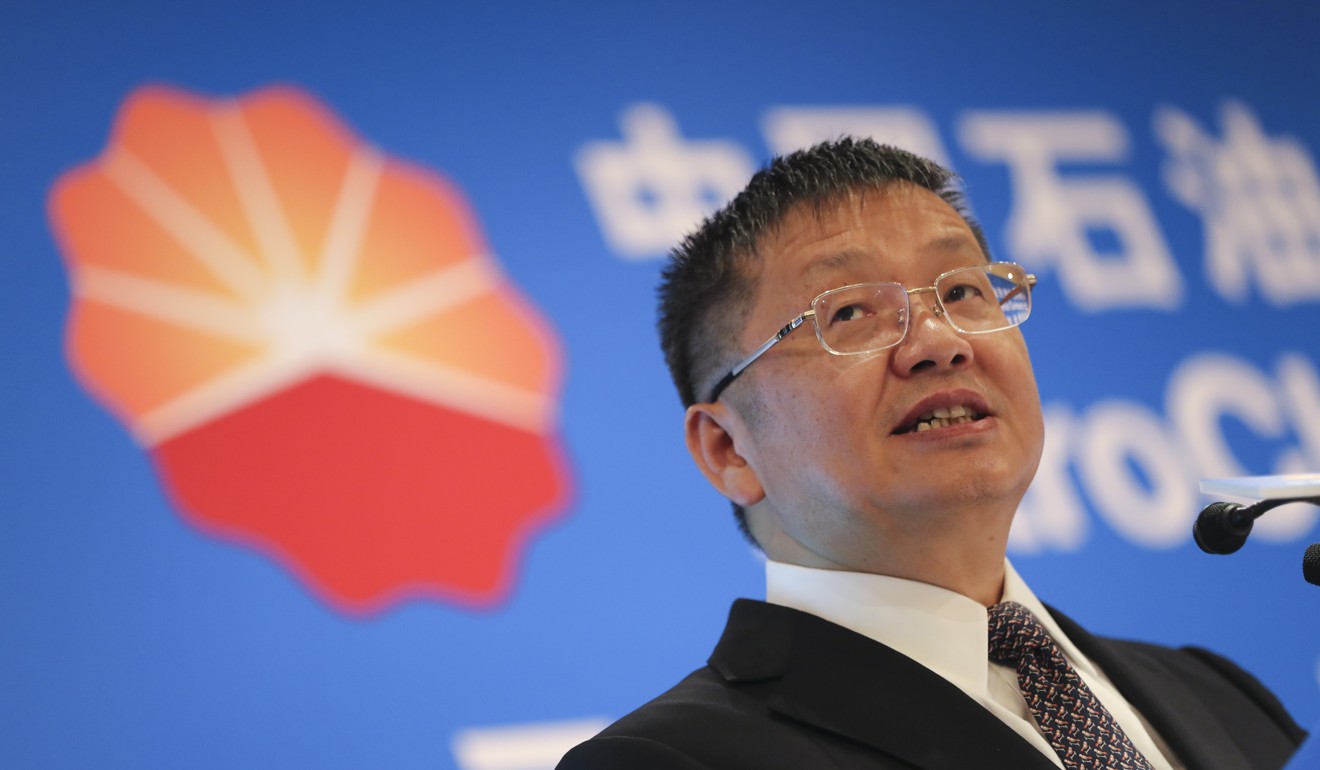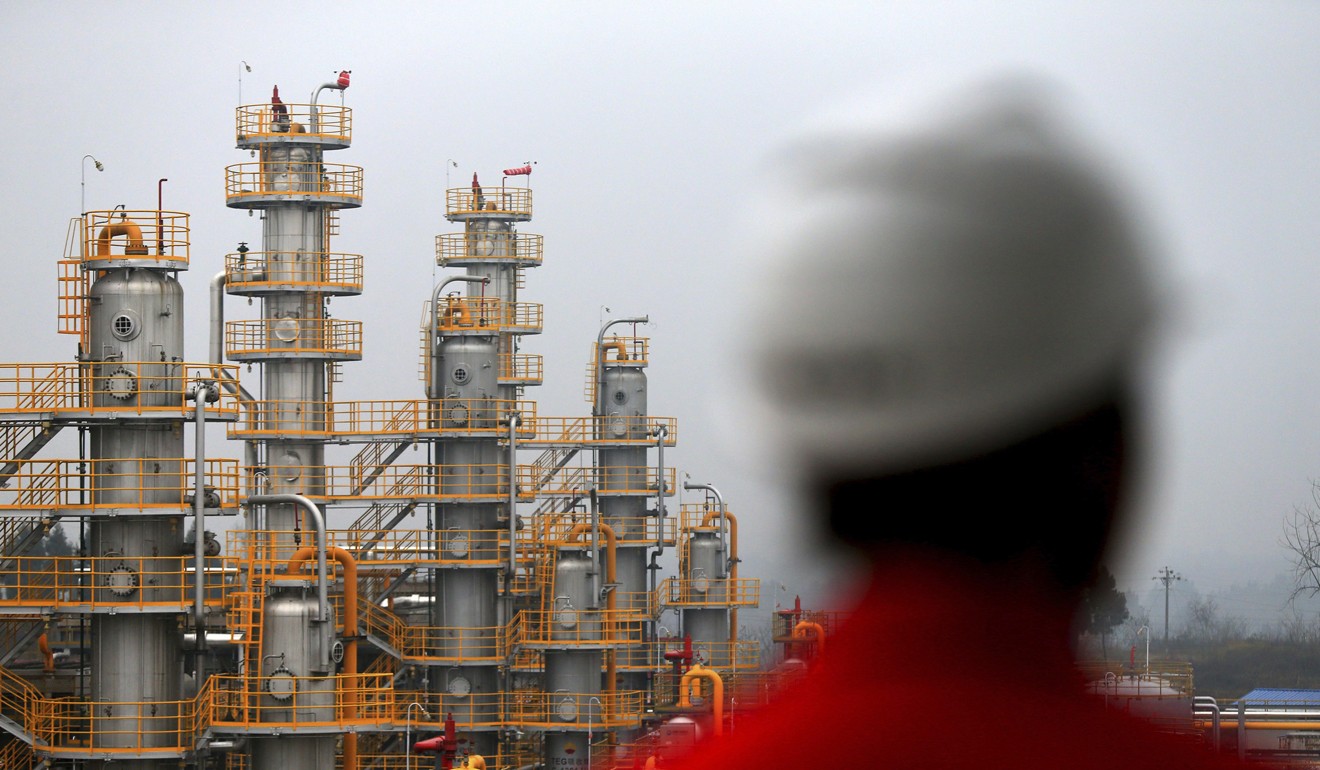
PetroChina beefs up oil and gas output goals as latest trade war tariffs target US energy shipments
State-backed PetroChina has answered Chinese President Xi Jinping’s call to enhance national energy security by setting medium term domestic oil and gas output growth goals.
It is so searching for a solution to deal with Beijing’s tariff on US natural gas.
The nation’s largest oil and gas producer is aiming to boost oil output by 1 per cent and gas production by 4 to 5 per cent annually in the domestic market in the next few years.
“We believe the central government will definitely have a series of policy measures to facilitate our efforts to increase proved reserve and production, which will be beneficial to us,” PetroChina vice-chairman Zhang Jianhua told reporters on Thursday.
National energy security is high on Beijing’s agenda given China’s foreign oil dependence ratio has risen to 70 per cent this year from 64 per cent two years ago, and natural gas has climbed to 40 per cent from 29 per cent in 2012, he noted.

Amid rising trade tensions with Washington, Xi instructed the nation’s three state-backed oil and gas giants to work hard to raise production only weeks before a 25 per cent tariff on US liquefied natural gas shipments was due to come into effect on August 23.
Zhang said it has been challenging for PetroChina to keep domestic oil output stable given declining output from existing oilfields.
He declined to offer details on whether the company would compromise on return rates on certain projects, given costly interventions are required to maintain output at its existing oilfields. Such interventions may only be profitable if oil prices remain relatively high.
Zhang said PetroChina is “working hard” in a bid to “minimise” the cost burden from the 25 per cent tariff on US natural gas. The company’s management would not elaborate on possible solutions, such as entering into swap agreements with gas purchasers from other nations.
PetroChina has a 25-year contract to buy 1.2 million tonnes per year of liquefied natural gas from Cheniere Energy, a leading US exporter. The first shipment arrived in China recently.
He was speaking after the company posted a 113.7 per cent year-on-year rise in net profit for the first half to 27.1 billion yuan (US$3.97 billion), in line with its own growth forecast a month ago.
For the full-year, the state-backed company is forecast to see a net profit of 59 billion yuan according to the average estimate of 18 analysts polled by Bloomberg.
An interim dividend – inclusive of a special dividend – of 8.8 fen per share was declared, up 27 per cent from 6.93 fen last year.

An increase in the average selling price for crude oil of 26.6 per cent and natural gas of 18.3 per cent
propelled a 332 per cent jump in operating profit from oil and gas production to 29.9 billion yuan.
The company is targeting a 1.7 per cent decline in total oil output and a total gas production increase of 3.3 per cent this year.
Oil refining and chemicals production operating profit grew 46.5 per cent to 23.2 billion yuan, but fuel marketing profit declined 21 per cent on year to 4.5 billion yuan amid intensified industry competition among refiners which resulted in losses in fuel wholesaling.
Natural gas logistics and distribution operating profit increased 15.6 per cent to 16.1 billion yuan on the back of the nation’s 17.5 per cent demand growth on the cleaner burning fuel.
Still, PetroChina recorded a first-half net loss on gas imports of 13.4 billion yuan, compared to a loss of 11.8 billion yuan in the year-earlier period, as it was not able to pass on the higher import costs to users due to state-guided pricing.
But a policy to raise residential gas prices to levels paid by industrial users in May would result in a 7 billion yuan profit uplift for the energy giant for the whole of this year, according to chief financial officer Chai Shouping.

